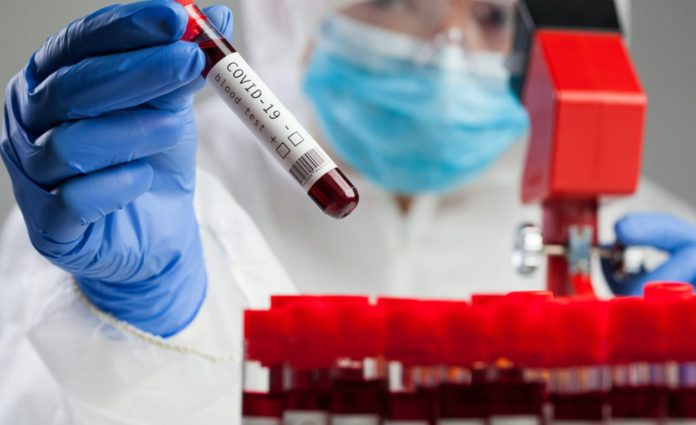These findings explain what makes COVID-19 an especially unique disease.
When a virus or other disease infects a person, their bodies produce antibodies, which identify foreign substances and prevent them from invading cells. However, in some situations, people create autoantibodies, which might eventually attack the body’s own organs and tissues.
People who have previously been infected with SARS-CoV-2, the virus that causes COVID-19, show a wide range of autoantibodies six months after they have fully recovered, according to Cedars-Sinai researchers.
Prior to this study, experts understood that severe cases of COVID-19 can cause the immune system to become overworked, resulting in the production of autoantibodies.
This is the first study to show that increased autoantibodies are present after a mild or asymptomatic infection, and that they persist over time.
“These findings help to explain what makes COVID-19 an especially unique disease,” says Justyna Fert-Bober, co-senior author of the study. “These patterns of immune dysregulation could be underlying the different types of persistent symptoms we see in people who go on to develop the condition now referred to as long COVID-19.”
The researchers gathered 177 people with proven evidence of a past SARS-CoV-2 infection for their investigation. Blood samples from these participants were compared to samples taken from healthy people before the pandemic.
Autoantibodies were found to be increased in all patients who had proven SARS-CoV-2 infection. Some autoantibodies have also been found in people with diseases like lupus and rheumatoid arthritis, in which the immune system attacks its own healthy cells.
“We found signals of autoantibody activity that are usually linked to chronic inflammation and injury involving specific organ systems and tissues such as the joints, skin and nervous system,” adds Susan Cheng, co-senior author of the study.
Some autoantibodies have been associated to autoimmune illnesses, which are more common in women than in men. Men, on the other hand, had a higher number of increased autoantibodies than women in this study.
“On the one hand, this finding is paradoxical given that autoimmune conditions are usually more common in females,” Fert-Bober says. “On the other hand, it is also somewhat expected given all that we know about males being more vulnerable to the most severe forms of COVID-19.”
“If we can better understand these autoantibody responses, and how it is that SARS-CoV-2 infection triggers and drives these variable responses, then we can get one step closer to identifying ways to treat and even prevent these effects from developing in people at risk,” Cheng adds.
Source: DOI: 10.1186/s12967-021-03184-8
You were reading: Coronavirus: Does it “wake up” the autoimmune? Research answers
